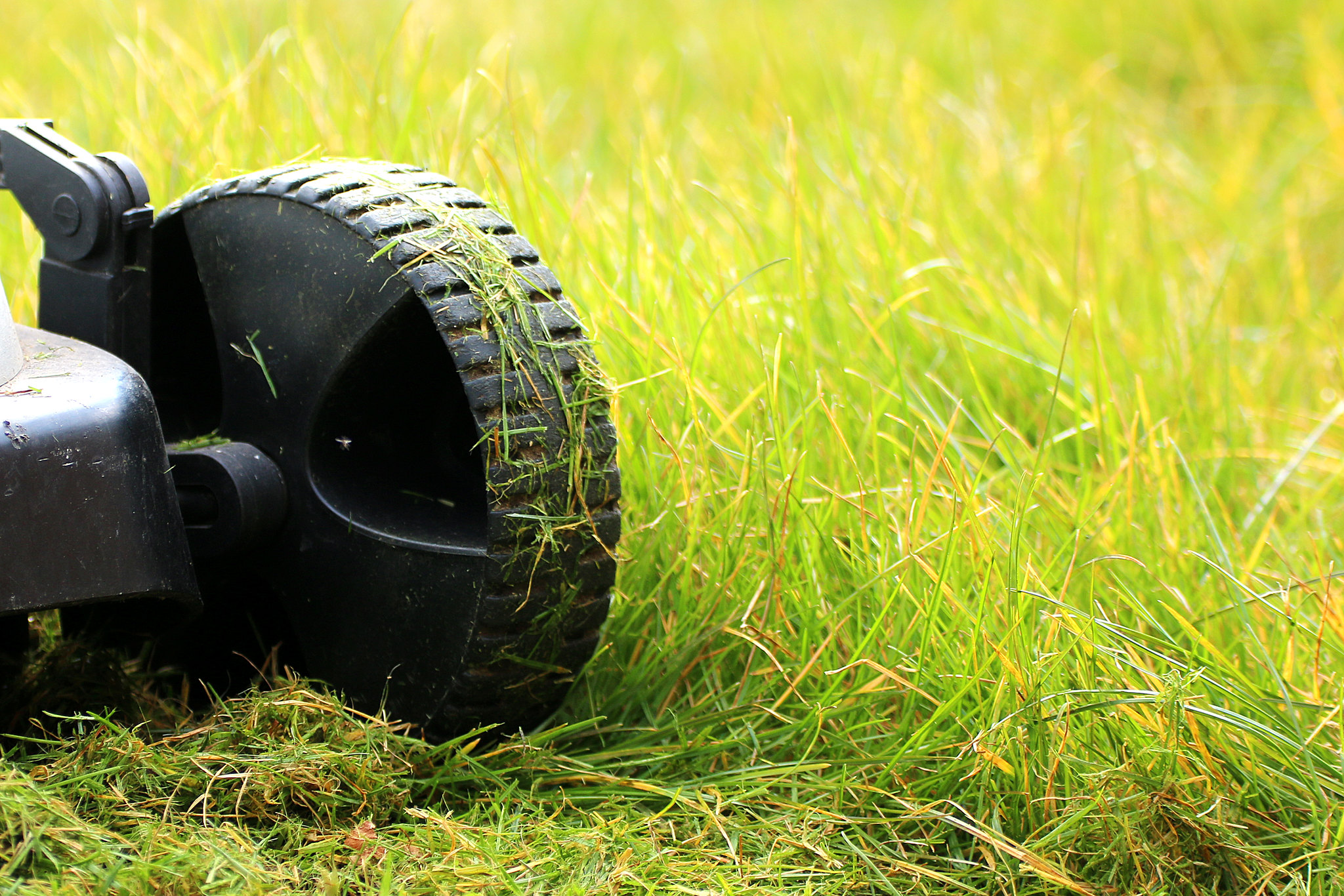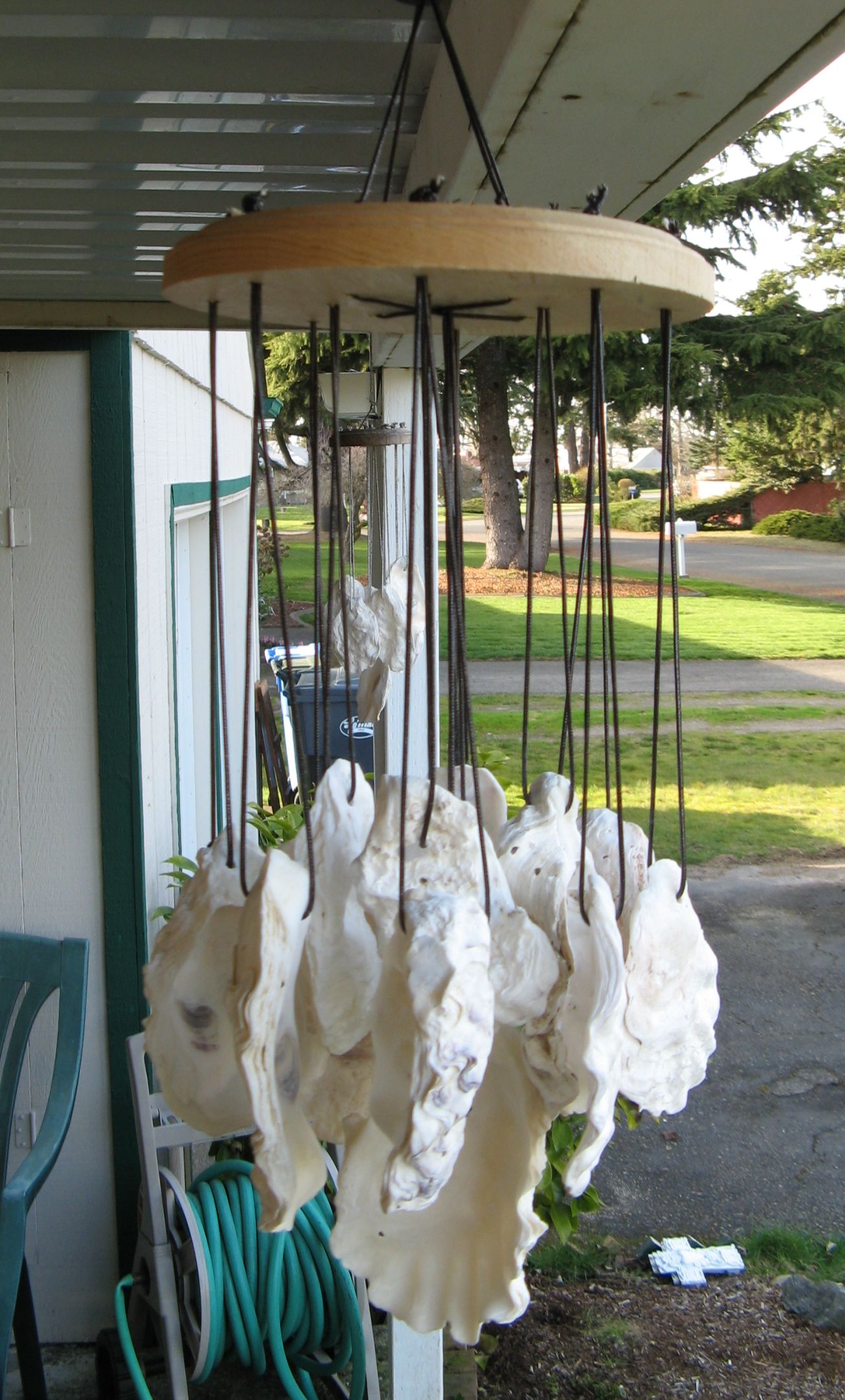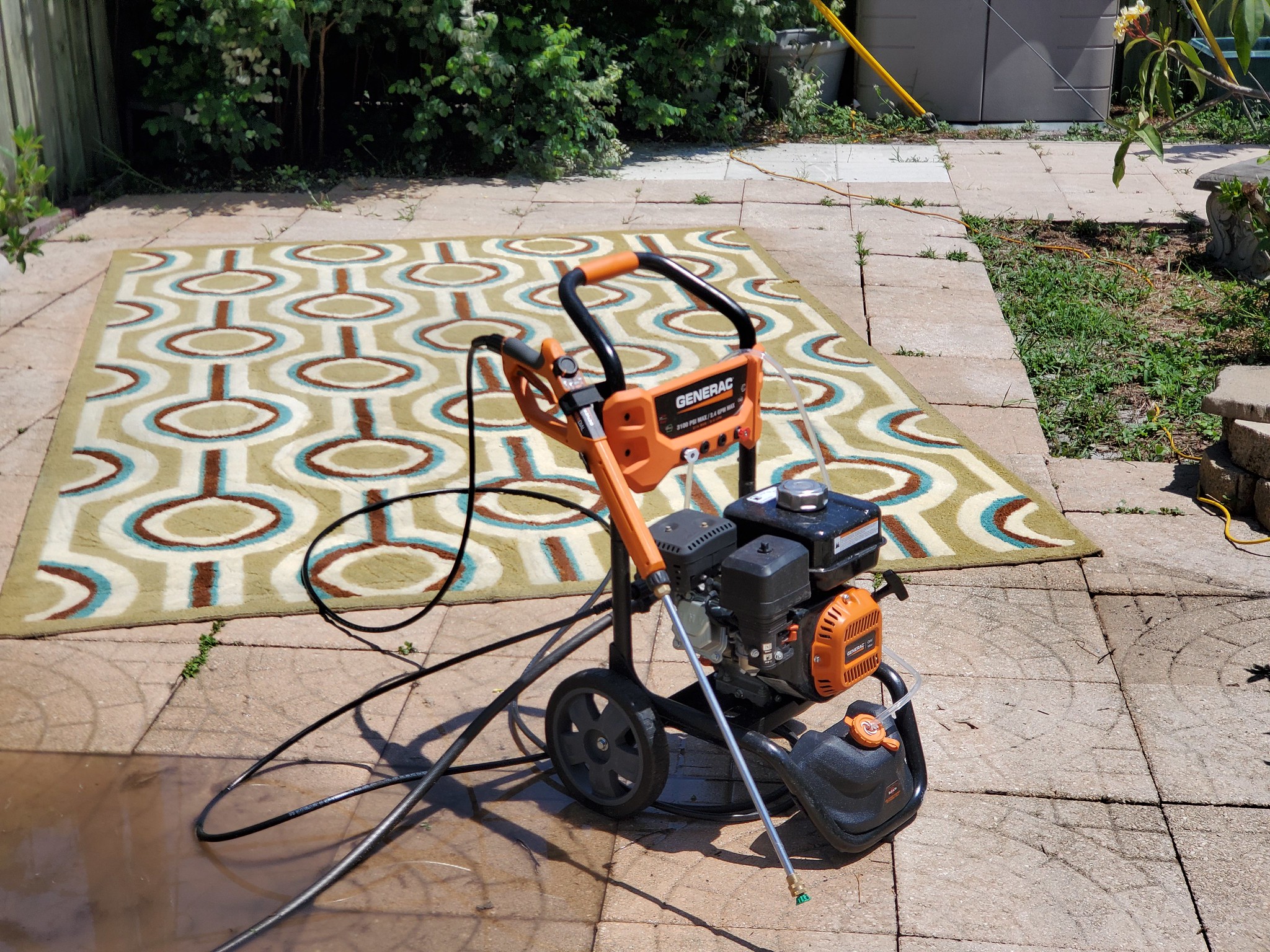Grass clippings are a natural byproduct of mowing the lawn, and they can either be a nuisance or a valuable resource. While many people may be tempted to dispose of grass clippings in the trash, there are better ways to handle this organic material that can benefit both the environment and the health of your lawn.
One of the most environmentally friendly ways to dispose of grass clippings is to leave them on the lawn. This is known as grasscycling, and it involves letting the grass clippings decompose and return valuable nutrients to the soil. Grass clippings are rich in nitrogen, potassium, and other minerals that can help fertilize the lawn naturally, reducing the need for additional fertilizers. This can also help retain moisture in the soil and reduce the need for watering.
If grasscycling is not an option, grass clippings can also be composted. Composting is the process of breaking down organic materials into a rich, soil-like substance that can be used to enrich the soil in the garden or lawn. Grass clippings can be added to a compost pile along with other organic materials such as leaves, fruit and vegetable scraps, and coffee grounds. This can help reduce waste and produce a valuable resource for the garden.
It is important to note that grass clippings should not be disposed of in the trash. When grass clippings end up in a landfill, they can produce methane gas, which is a potent greenhouse gas that contributes to climate change.
Disposing of grass clippings properly can benefit both the environment and the health of your lawn. “Grasscycling” or composting are both environmentally friendly options that can help reduce waste and produce a valuable resource for your garden. Bedford residents should never leave grass clippings in the street. By adopting these practices, you can do your part to create a more sustainable and healthy environment right here in beautiful historic Bedford.





